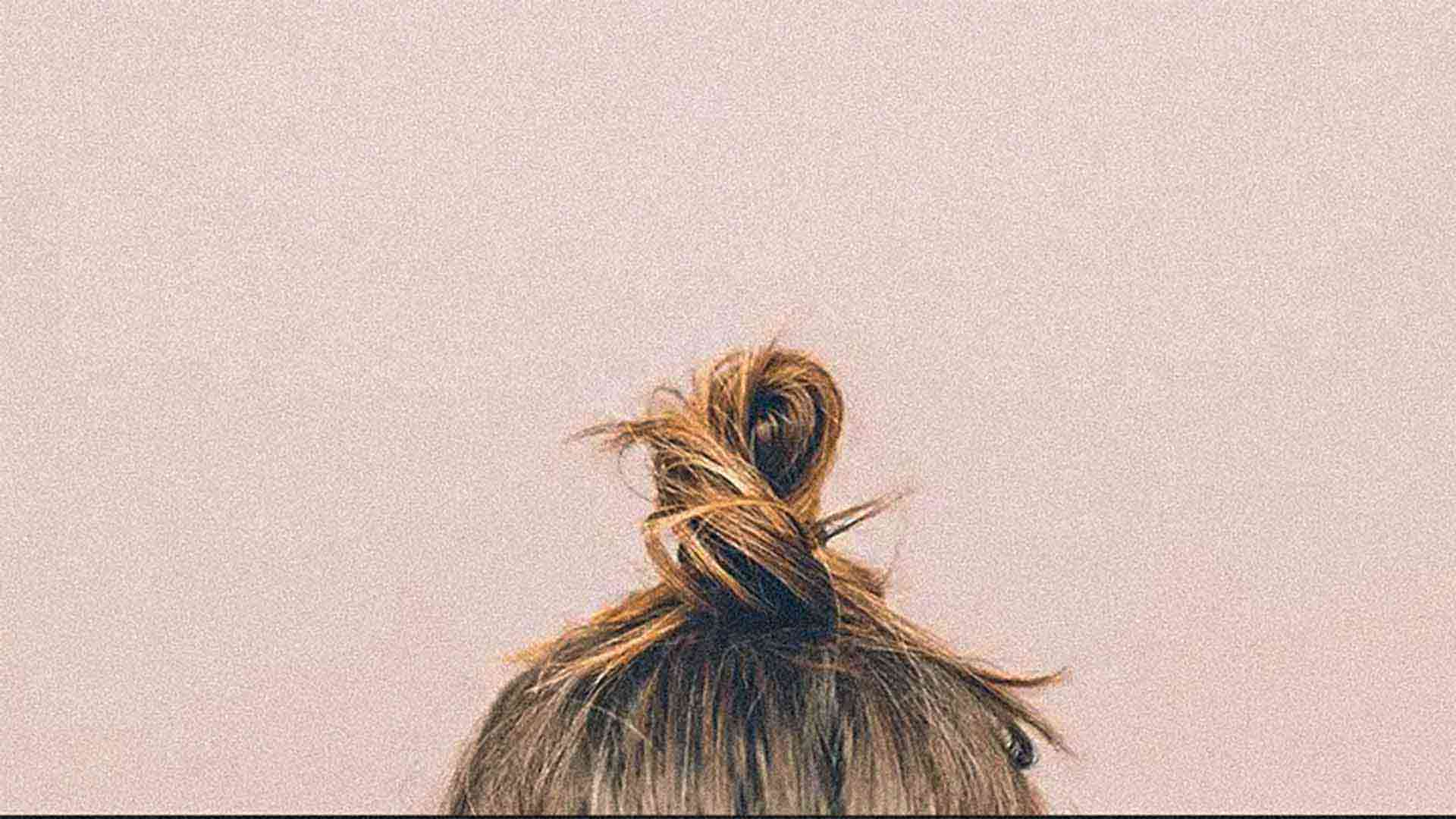Ever try styling flat, lifeless hair? It’s so frustrating. And no matter how many curls you add, it just gets sadder with each pass. Bad hair days happen to all of us, but they’re a lot more common when your hair isn’t healthy—and some daily habits can make it worse.
Here are 7 common mistakes that can damage your hair.
1. You’re not eating enough protein and fat
Having healthy, lustrous hair is about more than serums and conditioners. No amount of product can replace a balanced diet. If you’re struggling with damaged hair or shedding more than usual, try reevaluating your meals to make sure you’re getting enough protein and healthy fats.
Protein is incredibly important to your hair’s health and growth. In fact, your strands are mostly made up of the protein keratin. If you’re not getting enough, you can expect dry, brittle hair.
You might have heard that healthy fats are good for your skin, but we often forget this includes the scalp. Healthy fats like omega-3s keep your scalp and hair follicles strong and increase the flow of blood and nutrients to your roots, leading to a healthier, shinier and smoother mane.
Some great options for protein and healthy fats include avocados, salmon, tuna, almonds, walnuts, chia seeds and olives.
2. You’re styling your hair without a heat protectant
Whether you love a good blowout or a sleek ponytail, repeatedly styling your locks with hot tools can seriously damage your hair. Too much heat can cause split ends and a dull coat. To lessen the damage, limit how often you’re using styling tools. On the days that you do, be sure to use a heat protectant. Heat protectants add a barrier between your hair and the hot tool to lock in moisture and stave off frizz and breakage.
3. You’re using the wrong hair care products
Not all shampoos are created equal. It’s worth investing in quality. Some shampoos and conditioners have harsh ingredients like formaldehyde, sulfates and alcohol that can strip your strands of their natural oils.
For smooth, silky hair, choose products that are free of sulfates, parabens and dyes, and instead have natural ingredients like oils and herbs to help keep your hair healthy and strong.
4. You’re not washing your hair properly
It’s important to practice good hygiene—obviously!—but you might be washing your hair too often. Washing your hair every day can sometimes strip its natural oils, leaving it dry and frail. On the flip side, not washing it enough can make oil build up and clog your hair follicles, leading to an itchy scalp and even more shedding. It might take some trial and error, but you’ll need to figure out a routine that’s best for your hair type. On average, washing it every 2-3 days helps replenish oils while keeping your scalp clean and healthy.
5. You’re brushing your hair when it’s wet
It might seem counterintuitive, but brushing your hair right out of the shower is doing more harm than good! When your hair is wet, the proteins that make up your strands are weaker, making them more prone to stretching and breakage. Wait to comb your hair until it’s dry. If you must, use a wide-tooth comb to minimize damage.
6. You’re spending too much time in the sun
You probably already know that long hours in the sun can be hard on your skin, but what’s surprising is that those rays can be just as damaging to your hair. Overexposure to sunlight can cause dryness, breakage and even color fade. To help shield your hair, make sure to wear a hat or use a UV protectant spray when you’re outdoors for a long period of time.
7. You’re stressed out
Managing weak, thinning hair can be stressful. But stress itself can also be the reason you’re shedding more than usual. When times are tough, it affects all parts of your body—including your scalp and hair follicles—which increases dryness, breakage and hair loss. Try managing stress levels by getting enough sleep, exercising and getting the right nutrients through diet and supplements.
About Gabby
Gabby is a Nutritionist with a master’s degree in strategic communications. She loves using her nutrition-fluency with storytelling to encourage positive change. Before Persona, she worked at a mental health clinic helping clients manage stress, anxiety and other mental health issues through diet.
Do you have questions about supplements? Reach out to one of our experts, or take Persona’s free nutrition assessment, and learn exactly what you need to take your wellness to the next level.
*These statements have not been evaluated by the Food and Drug Administration. This product is not intended to diagnose, treat, cure, or prevent any disease.
This information is not intended as a substitute for the advice provided by your physician or other healthcare professional, or any information contained on or in any product label or packaging. Do not use the information from this article for diagnosing or treating a health problem or disease, or prescribing medication or other treatment. Always speak with your physician or other healthcare professional before taking any medication or nutritional, herbal, or homeopathic supplement, or using any treatment for a health problem. If you have or suspect that you have a medical problem, contact your health care provider promptly. Do not disregard professional medical advice or delay in seeking professional advice because of something you have read in this article.

